OUR GAME THEORY PODCAST
In Game Changer, the podcast by TWS Partners, we want to share our enthusiasm and passion for game theory and its applications. Guests from industry and academia discuss the power of game theory in their profession and how they use it to make a difference. Along the way we strive to offer fun anecdotes, useful facts and valuable insights. Hear us out and find out that game theory is much more than a topic for ivory tower discussions.
BACKWARD INDUCTION, CHILD PENALTIES AND THE GENDER PAY GAP | WITH CARLOTTA PILGRAM
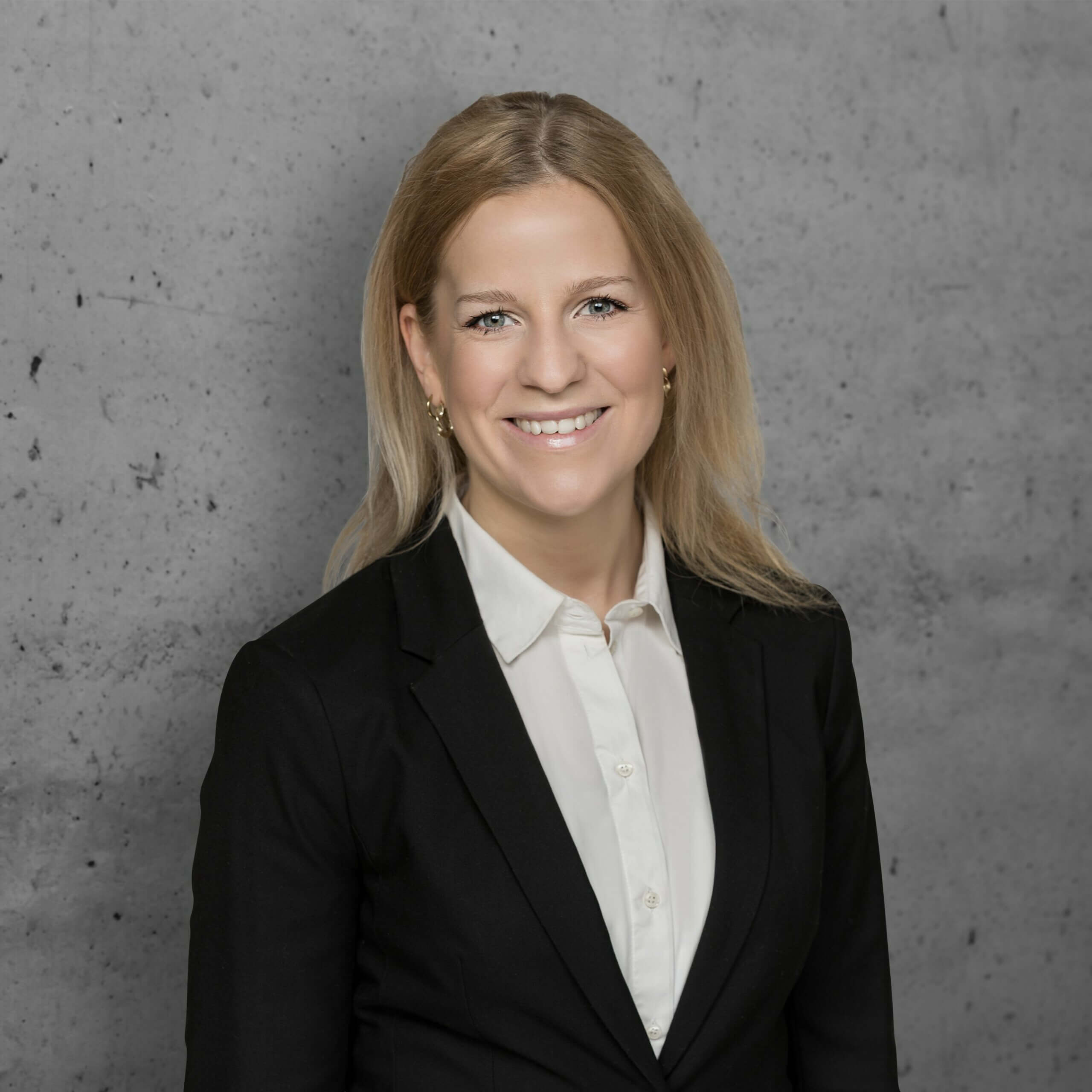
In this episode we are talking to Carlotta Pilgram, Consultant at TWS Partners and Economics graduate from Lund University in Sweden. We discuss the role of Game Theory in analysing the gender pay gap, the current state of research, why many intuitive explanations have little explanatory power and what measures can be taken to reduce payment differences which can be traced back to gender.
Carlotta Pilgram works as a Consultant at TWS Partners. Previously she has studied Economics at Lund University in Sweden, focusing on gender Economics and in particular payment inequality. She finished her Master’s degree with her thesis entitled “Are Women leaving their Jobs before they are actually leaving”, where she analysed potential economic causes for the gender pay gap.
During the interview, Carlotta refers to a study by Marianne Bertrand et. al. from 2010, which can be found here.

GOOD INTENTIONS, BAD OUTCOMES: WHY GAME THEORY MATTERS IN POLICY MAKING | WITH HANNAH RUBIN
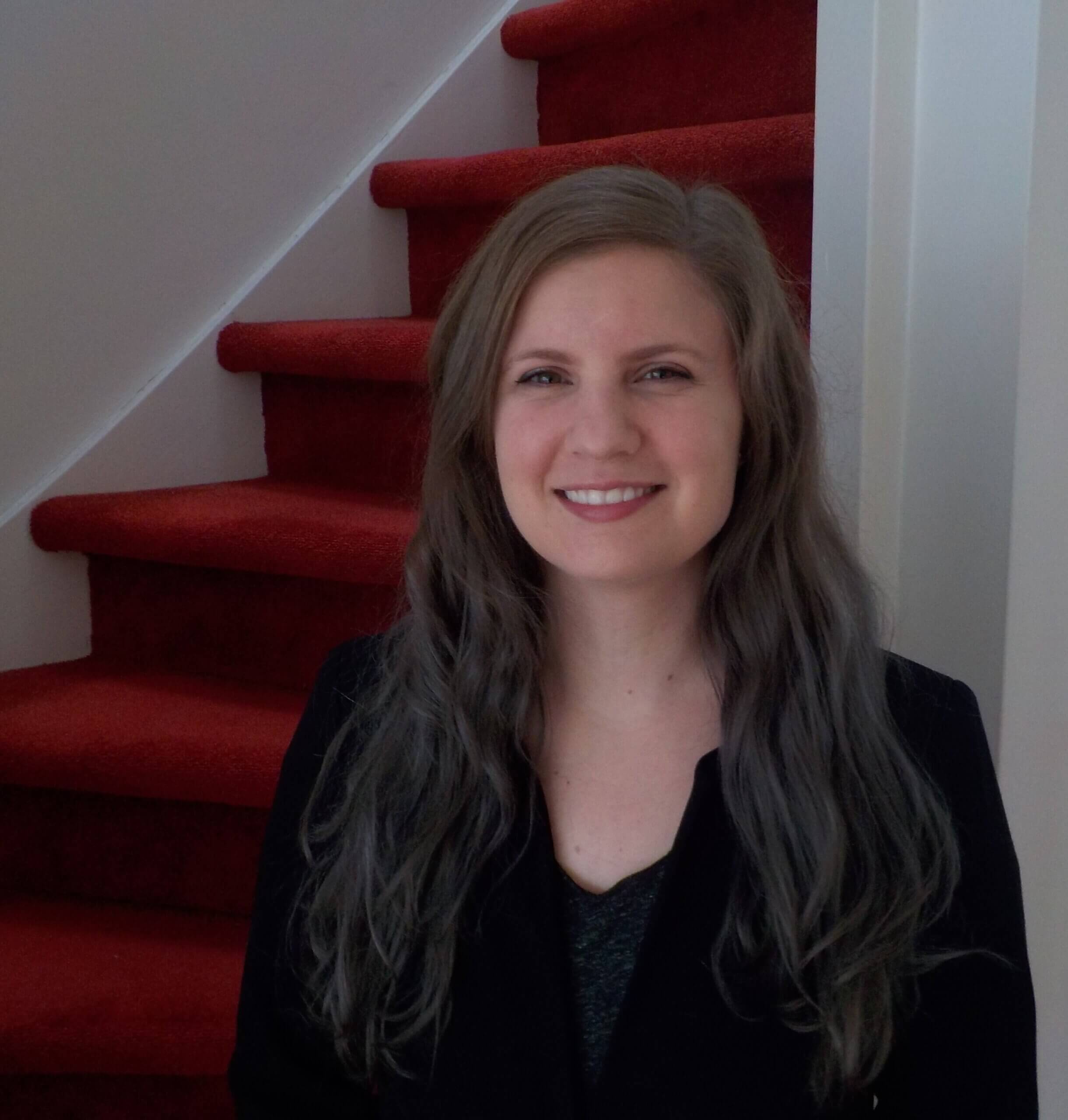
In this episode we are talking to Hannah Rubin about policy making, incentive structures and Game Theory in the world of sciences. Together we dig into why policies set up with the best intentions can backfire when existing incentive structures are not taken into account, e.g. when it comes to the goal of increasing diversity in grant applications, and how these policies could be improved. We discuss more generally what it takes to break out of existing structures in sciences such as e.g. the so called “peer-review-system”.
Hannah Rubin works as an Assistant Professor at the University of Notre Dame, Indiana. She is an Evolutionary Game Theorist, Philosopher of Biology and Philosopher of Science. In her research she uses game theory to understand how social structures come to be and how they evolve over time.

WHAT KEEPS OUR LIGHTS ON? STRATEGIC INTERACTIONS IN THE ELECTRICITY MARKET | WITH PETER CRAMTON


In this episode, we talk to Peter Cramton about the electricity market. We discuss the 2021 Texas electricity crisis that left millions of Texans without electricity for four extremely cold days. Peter explains how understanding the crisis is important for markets everywhere. He shares with us that a reliable gas supply is essential for resilient electricity and Europe must reduce its dependence on Russian gas.
Peter Cramton is Professor of Economics at the University of Cologne and the University of Maryland. His research is focused on auctions and market design. Applications include communications, electricity, and financial markets. His innovative market designs are seen worldwide.

CHESS, COMPUTERS AND GAME THEORY | WITH DANIEL KING
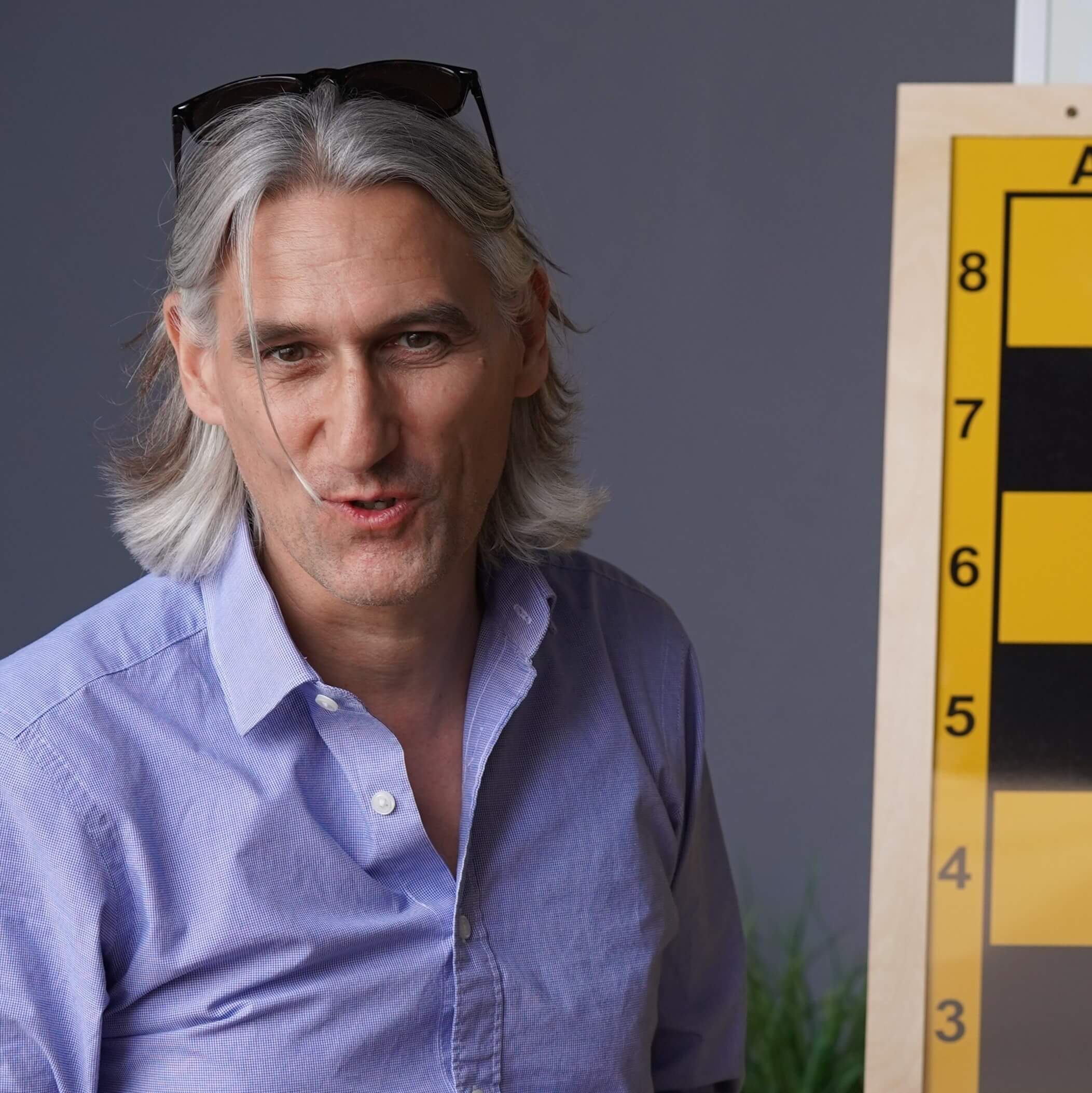

The game of chess has been around for centuries and still hasn’t lost its touch which is demonstrated by the sheer number of professional and non-professional players and countless pop culture references. In this episode chess grandmaster Daniel King walks us through his very own journey from being a professional chess player to becoming author, live commentator and YouTuber and what it takes to come up with the perfect strategy. We talk about why chess theoretically can be solved but still hasn’t lost its appeal as one of the most popular board games in history and how professional players’ strategies have evolved due to the rise of powerful computers and machine learning.
Daniel King is known for being an English chess grandmaster, a well-known chess live commentator, an award-winning author of several books, a freelance journalist and many more. On top of that he has his own YouTube channel called PowerPlayChess where he shares knowledge and passion for all things chess.
WHAT TWITTER CAN TEACH US ABOUT IDENTITY SIGNALING | WITH PAUL SMALDINO
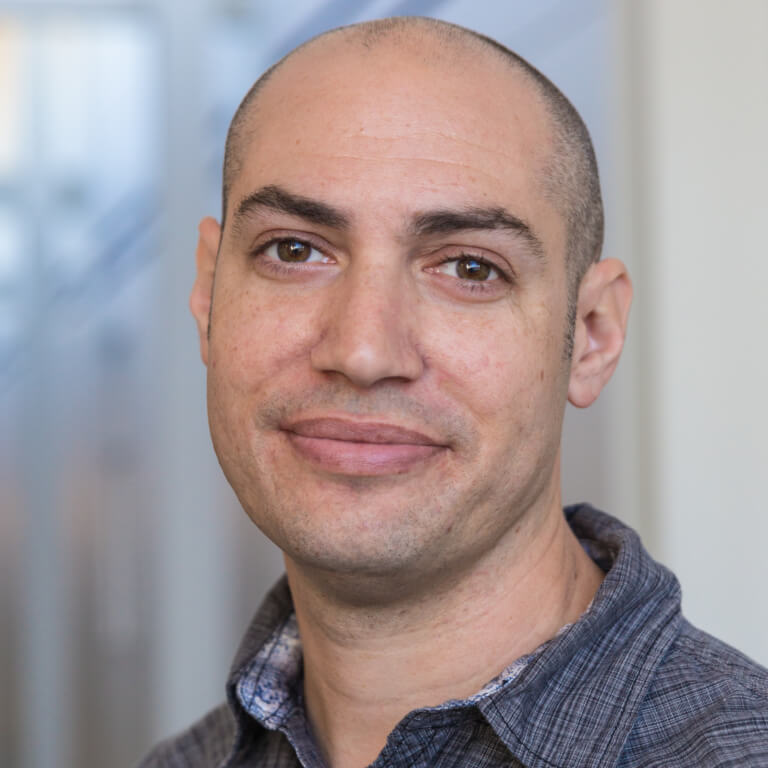

In this episode we talk to Paul Smaldino about identity signaling. He walks us through its definition, the most common examples of identity signaling like language or fashion choices and how game theory can be used to model it. He explains why it is sometimes wise to signal covertly rather than overtly, how this depends on the heterogeneity of groups and what experimental evidence from Twitter has to say about all this.
Paul Smaldino is associate professor of cognitive and information sciences at UC Merced. His research interests include social and cultural evolution, cooperation, communication, and the philosophy of sciences. He studies the feedback between individual behaviors and the sociocultural environments in which they are situated, using both empirical studies and theoretical models (e.g. Game Theory models).

LET’S PLAY – HOW TO DESIGN MECHANISMS IN BOARD GAMES | WITH JAMEY STEGMAIER


In this episode we talk to Jamey Stegmaier, a board game designer, taking a step away from pure game theory to talk about designing board games. He explains where he gets his initial ideas for new games and what makes a great board game from his perspective. Relating to mechanism design we discuss which mechanisms generate a good interactive game. Jamey also shares his experiences of publishing games through crowdfunding which he went through very successfully in the past.
Jamey Stegmaier is a board game designer and manages the publisher Stonemaier Games. He has designed numerous games, including Viticulture, Scythe, and Tapestry.

IS INEQUITY IN SOCIETY UNAVOIDABLE? A FEW LESSONS FROM EVOLUTIONARY GAME THEORY | WITH CAILIN O’CONNOR


In this episode we talk to Cailin O’Connor about inequity in society and how it can be modeled using evolutionary game theory. She explains that few conditions like the division of groups into social categories such as gender or race suffice to lead to stable inequitable patterns which persist over time. We discuss implications when it comes to gender and the division of labour or bargaining situations and why it is so difficult to break inequitable patterns.
Cailin O’Connor is professor of Logic and Philosophy of Science at UC Irvine. In her research she focusses on philosophy of biology and science, and evolutionary game theory. She is author of several books, such as “Games in the Philosophy of Biology”, “The Misinformation Age: How False Beliefs Spread” and “The Origins of Unfairness: Social Categories and Cultural Evolution”.

HOW TO MAKE AN OFFER THE OTHER SIDE CANNOT REFUSE | WITH LIONEL PAGE


In this episode we discuss with Lionel Page, professor of Economics at UTS, his recent research on starting offers in bargaining. We start with talking about the classical ultimatum game and how studies generated a seemingly contradiction to classical game theory. Lionel then explains how he extended the ultimatum game to understand how the value of the initial offer in a bargaining situation affects the outcome of the negotiation.
Lionel Page is professor of Economics at University of Technology Sydney. In his research he focuses on Econometrics, Decision Theory, Sociology and Behavioral Economics. He studies the application to practical problems from areas of financial and prediction markets, education and inequality.

MECHANISM DESIGN EXPLAINED BY ONE OF ITS FOUNDERS | WITH ERIC MASKIN
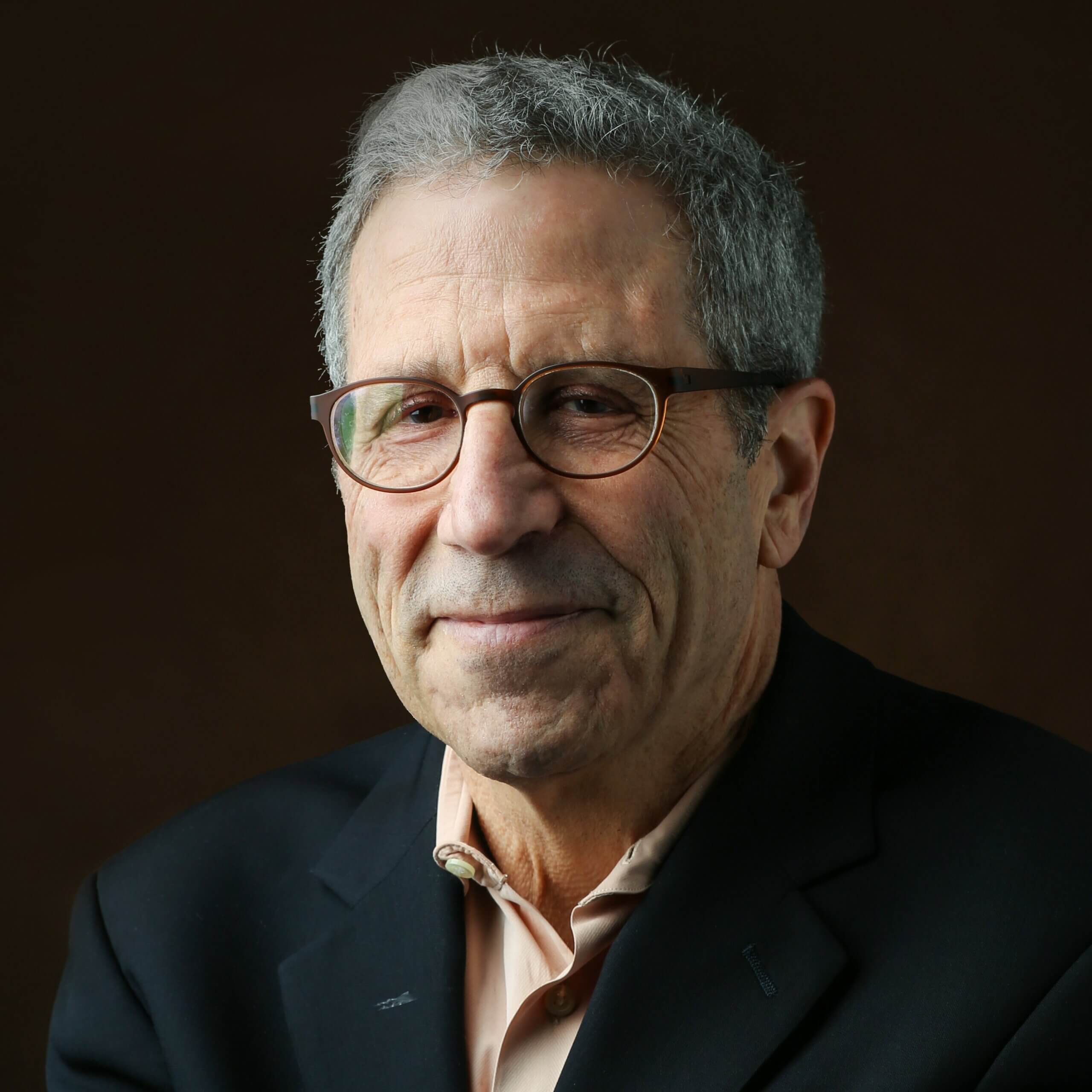

In this episode we chat with Nobel Prize laureate Eric Maskin about why mechanism design calls for an engineering approach and which tools are needed to design economic mechanisms. We discuss what separates a bad from a good mechanism and how this knowledge can help market designers, whether the goal is to reduce carbon emissions or sell spectrum rights.
Eric Maskin is professor of Economics and Mathematics at Harvard University. He has made countless contributions in the fields of Game Theory and Contract Theory, among others, and received the highest recognition when he won the Nobel Prize in Economics in 2007 together with his fellow researchers Leonid Hurwicz and Roger Myerson for laying the foundation for the theory of Mechanism Design.

HOW AUCTIONS CONQUERED THE INTERNET | WITH MICHAEL OSTROVSKY
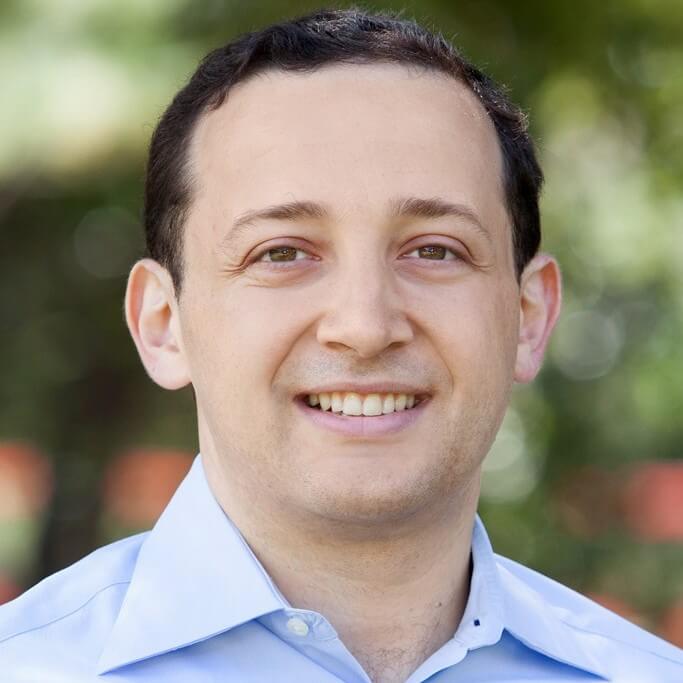

In this episode Michael Ostrovsky walks us through the history of online advertising auctions, from their modest beginnings at Yahoo and other internet pioneers to the lucrative business models many internet giants like Google and Amazon rely on today. Even though online ad auctions are a story of incredible success Michael also gives some insights into which flaws existed in their early days and how these were overcome as time passed.
Michael Ostrovsky is the Fred H. Merrill Professor of Economics at the Stanford Graduate School of Business and a co-founder of the company Topsort which provides auction-based advertising infrastructure for online retailers and marketplaces. Not only is he an expert in all things auction theory, but he has also experienced the rise of online auctions in person while advising various internet pioneers.

